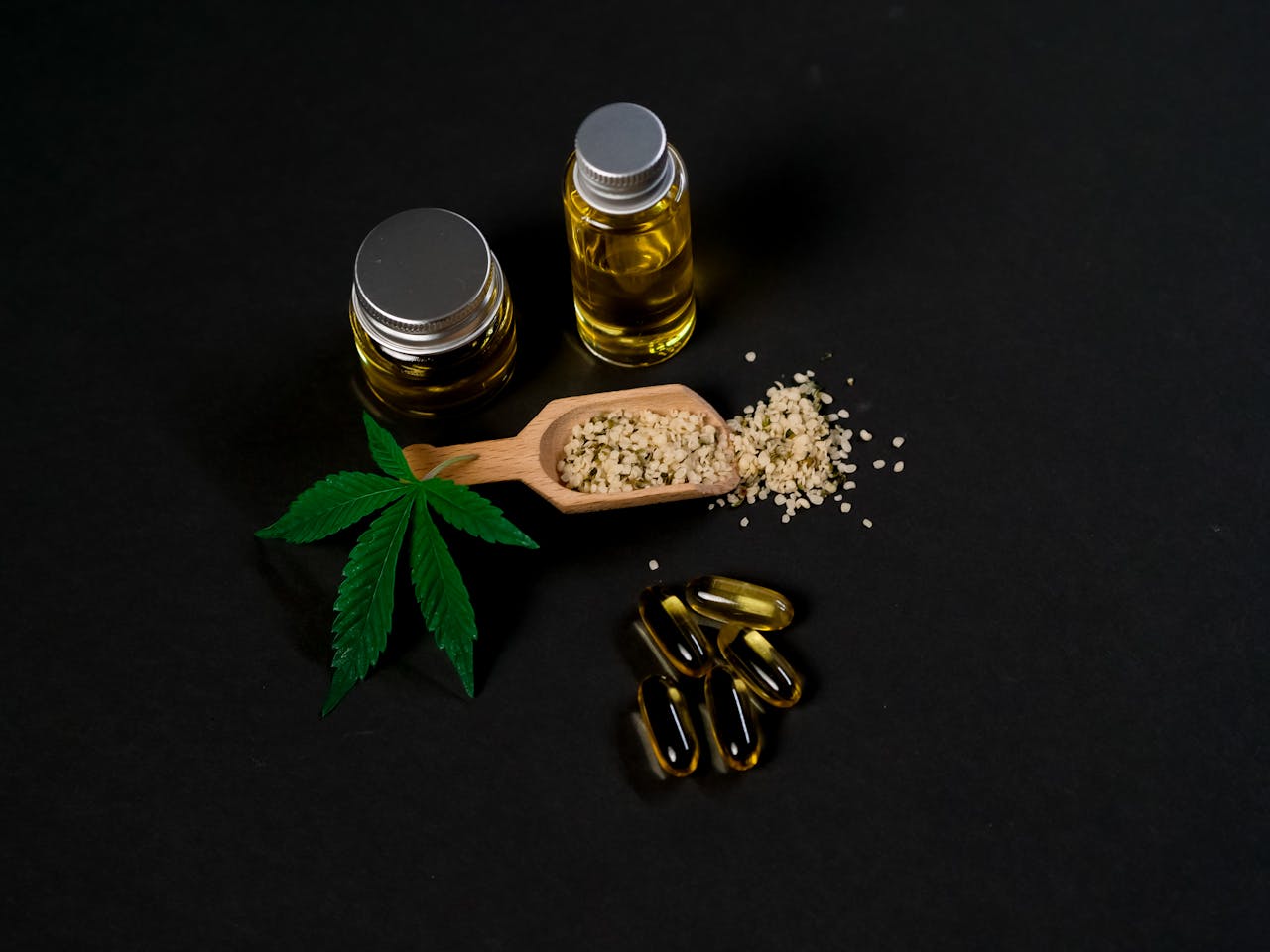The government has excluded cannabis, its resin, extracts and tinctures from the list of especially dangerous substances whose circulation is prohibited, the government said on Monday. At the same time, it has included narcotic drugs, including plants and psychotropic substances, in the list of restricted substances.
The state will strictly control the circulation of cannabis-based medicines, and its use for recreational purposes will remain prohibited. All activities related to medical cannabis will be licensed.
The government has authorized the cultivation of cannabis plants for industrial purposes (except for the production and/or manufacture of narcotic drugs and psychotropic substances). The condition under which such cultivation is permitted is the use of seeds collected from plant varieties whose dried straw has a maximum permissible concentration of tetrahydrocannabinol of less than 0.2%. Starting from February 16, 2027, the maximum permissible concentration of tetrahydrocannabinol in dried hemp straw for industrial purposes should not exceed 0.3%.
In addition, the cultivation of cannabis plants is now allowed, in particular for medical purposes. The condition for such cultivation is the use of conditioned and certified seeds of at least the second generation, the concentration of tetrahydrocannabinol in dried straw of which is equal to or exceeds 0.3 percent, and such plants are used for the production (manufacture) of medicines.
The Resolution will come into force on August 16, 2024, simultaneously with the enactment of Law #3528-IX.
Cannabis contains hundreds of unique cannabinoids and substances. Of all the known substances found in the cannabis plant, only tetrahydrocannabinol and its isomers have a psychoactive effect. Other cannabinoids do not affect the mental state, but can have a significant positive impact on the course of certain diseases. The use of non-psychoactive cannabinoids is not addictive and is used in medicine.
The Law #3528-IX regulates the use of cannabis plants for medical, educational, scientific and technical purposes and expands patients’ access to the necessary treatment.
The state will strictly control the circulation of cannabis-based medicines, and its use for recreational purposes will remain prohibited. All activities related to medical cannabis will be licensed. Traceability will be ensured at all stages of the circulation of cannabis for medical purposes and its processed products: each cannabis plant for medical purposes, each batch of its processed products and each unit of packaged products, including cannabis plant substance, as well as medicines made from them, will be labeled with a unique electronic identifier. Business entities will enter information on such turnover into the electronic information accounting system within 5 days.
Like any medicine, a patient will be able to receive cannabis-based medicines in accordance with medical indications, exclusively by doctor’s prescription and with an electronic prescription.



